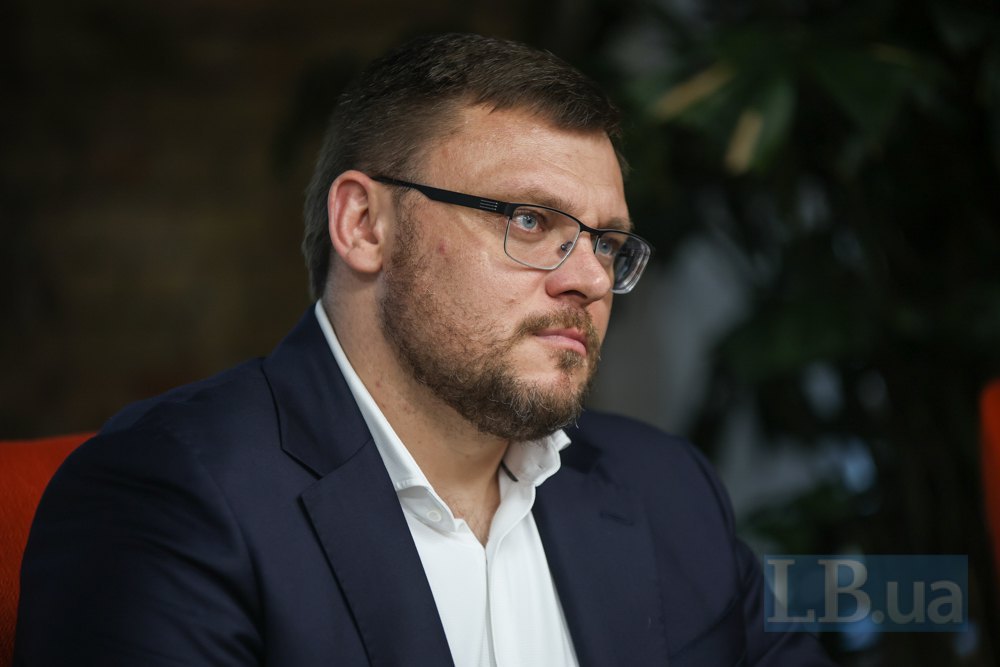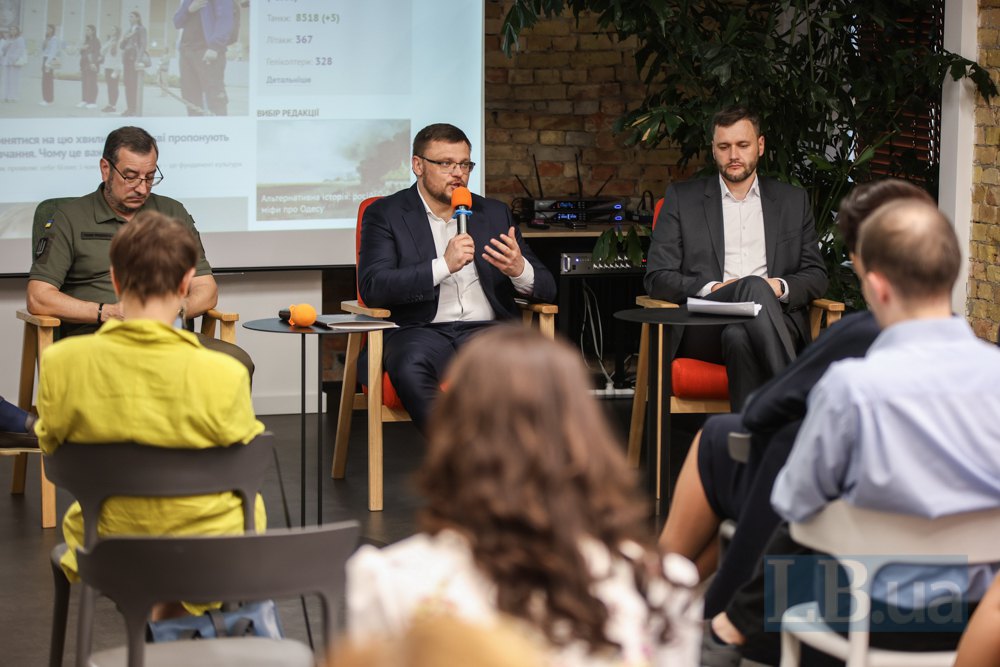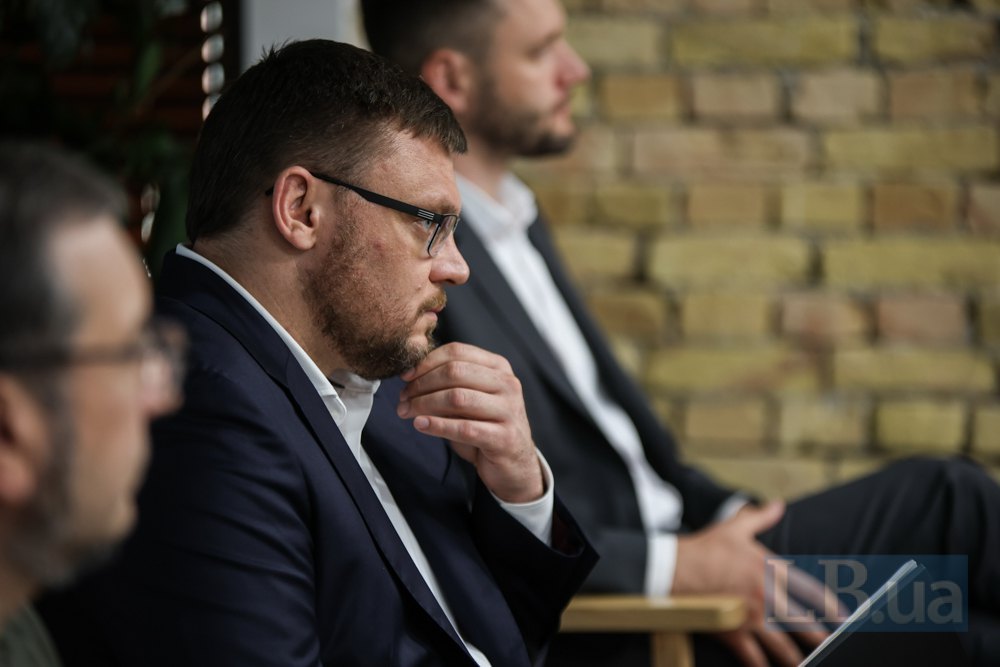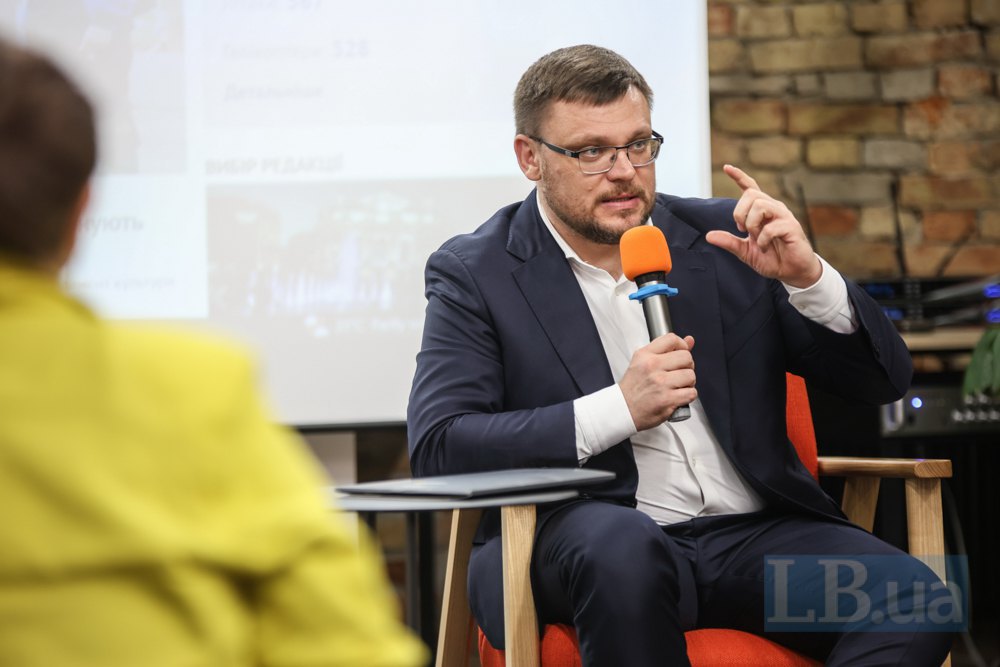
"In 2023, more than 100 indictments were sent to court. This is an absolute record for all eight years of the Bureau's existence. Last week, if I'm not mistaken, the HACC delivered its 200th verdict. Here, we need to differentiate between verdicts with real sentences and those with plea bargains.
...I do not hesitate to say that we are the most effective over the years. And this is thanks not only to the NABU, but also to the SAPO. Because the principled leadership position of the SAPO head is very important. And our cooperation," said the NABU head.
According to him, the most high-profile cases include:
- the Chief Justice of the Supreme Court
- four judges of the Court of Appeal;
- Privatbank;
- embezzlement of funds at Ukrzaliznytsia;
- embezzlement of state-owned land in Sumy Region;
- Head of the Antimonopoly Committee;
- Deputy Minister of Energy;
- exposing several MPs and a major developer for offering bribes to the Deputy Prime Minister and the former head of the Ministry of Reconstruction.
All of them are awaiting court sentences.
"Another question is whether this is enough. Is it enough to serve a notice of suspicion and start prosecution to restore justice? As we can see from the statistics (when 73% of citizens consider corruption to be the most important problem after the war), this is not enough. Because the war itself creates an environment of injustice favourable to corruption.

Detaining, exposing, investigating is, of course, a very important thing. But it is also important how the state and society then react to these things. How they fill in the gaps that create injustice. The mechanisms that contribute to the development of corruption," Semen Kryvonos raised an important issue during the discussion.
In his opinion, corruption and injustice during the war ‘took on absolutely disgusting forms’.
‘When I said that someone stole a bicycle - five years, stole 100 million - nothing, that's one thing. During the war, there are even worse things: poor quality bulletproof vests supplied to our defenders, who lose their lives because of it; poor quality food; finally, ‘why am I fighting, while someone has paid off and is driving around Kyiv in a Lamborghini. These are disgusting forms of injustice that the war has caused, and all of us as a society - not just NABU - need to fight this as much as possible. And we need to advocate for profound changes in the entire state apparatus," said the Head of the Anti-Corruption Bureau.
In order to change the rules of the game and fight corruption as a system, we need thorough and profound systemic reforms, especially in the judiciary, Kryvonos said.
"We have many examples of judges being brought to justice, and there are even sentences with real sentences. But does this change the situation fundamentally? No, it doesn't. This makes it clear that changes in the justice system are needed. We need to complete this reform as soon as possible, because the judicial system is also responsible for restoring and ensuring justice," he added.
According to Semen Kryvonos, the NABU has developed some measures to improve its work. In particular, the period during which a detective or investigating prosecutor can be punished for unlawful or unjustified prosecution should be reviewed. Currently, it is a year, and sometimes years pass between the moment an indictment is sent to court and the verdict, so people may well no longer work in law enforcement.

In order to speed up the consideration of cases, the NABU head called for the adoption of a law regulating the mechanism of concluding a plea agreement with the investigation.
"The adoption of the draft law in the first reading caused a serious uproar. If finalised and balanced, this draft law can significantly speed up the consideration of multi-episode criminal proceedings, relieve the court, and ensure the goals and objectives of the criminal prosecution institution as such. That is, prompt prosecution, compensation for damages and simultaneous exposure of the next offender. All of this together and at the same time - and I have the support of both international partners and the SAPO - will significantly relieve the system.
Because in a case like Rotterdam+, with losses of several billion hryvnias, dozens of episodes, 300 volumes, no matter what kind of court, it will not happen quickly. The experience of foreign countries shows that there will be no revolutionary trials for corruption crimes. Instead, we can provide an adequate civilised mechanism to ensure that the investigation moves forward, society satisfies its demand for justice, and the accused receives not 10 years, but five or four years with compensation for damages and the simultaneous exposure of the person behind the scheme," the chief anti-corruption officer said.
According to Semen Kryvonos, absolute independence is an equally important factor in the Bureau's productive work. He categorically denied any pressure from the Office of the President, answering a question from Iryna Fedoriv, founder of the Holka civil initiative, during the discussion.
"The work is going well, judging by the current top officials and MPs (who have been notified of suspicion - Ed.), who are also members of different factions, both pro-government and non-protectionist. The work is great, I don't feel any pressure. If I do, I will definitely turn to civil society and the media to jointly defend the NABU's independence. I promise you this. So far, I only feel that we are working effectively and have room to grow. We will continue to grow," Kryvonos concluded.









